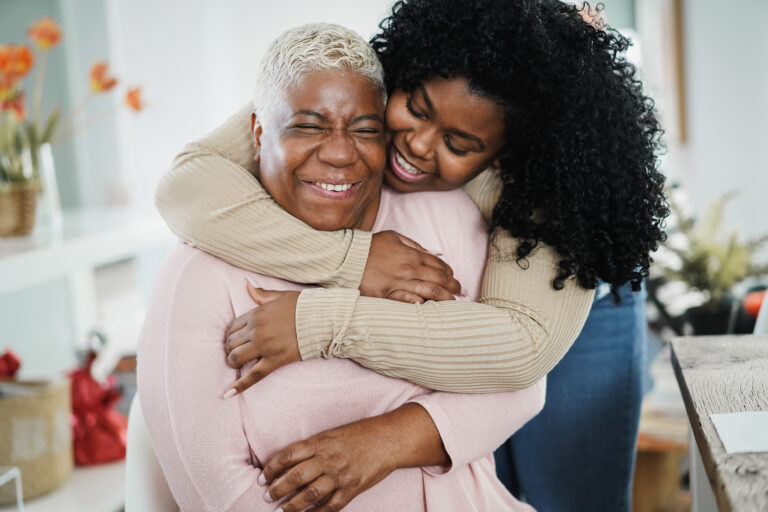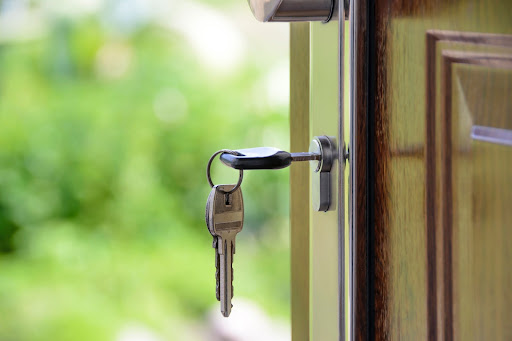Do You Use a Passive Remote Monitor for Seniors?
Caring for an aging loved one is filled with decisions — and many of them come with hidden risks. Too often, family caregivers unknowingly miss critical signs that could prevent harm or avoid costly interventions. A passive remote monitor for seniors is no longer a luxury; it’s an essential tool to protect safety, independence, and peace of mind.
At envoyatHome, we know that behavior is a vital sign — as essential as blood pressure or heart rate. By monitoring behavior passively, without wearables or cameras, we uncover what’s hidden, alerting you to risks in real time. Let’s explore the five costly mistakes families make — and how you can avoid them with a passive remote monitor for seniors.
Costly Mistake #1: Missing Subtle Symptoms of Health Problems Like UTIs or Dehydration
Seniors often struggle to recognize or communicate early signs of health issues, especially those like urinary tract infections (UTIs) or dehydration. As Cleveland Clinic explains, a UTI in an older adult can be silent until it’s too late to treat. For those with memory challenges or cognitive decline, self-reporting is unreliable at best. They may not notice changes in their body — or may forget to mention them.
Yet, behavior is a vital sign, and these conditions often cause distinct changes in behavior before other symptoms become obvious:
-
UTIs can trigger sudden confusion, agitation, restlessness, or more frequent bathroom visits.
-
Dehydration might result in increased lethargy, dizziness, or reduced bathroom activity.
A passive remote monitor for seniors detects these subtle shifts. For example, envoyatHome can identify behavior like unusually frequent bathroom trips overnight, pacing, or sudden inactivity — often long before a human caregiver would notice. This early warning system gives families the chance to intervene, consult a doctor, and prevent escalation to hospitalization.
Costly Mistake #2: Leaving a Senior Unsupervised at Night
Nighttime is a dangerous window for seniors — especially those living with cognitive impairment or mobility challenges. When seniors rise in the night, they are more prone to falls, confusion, or wandering. Poor sleep hygiene and disrupted circadian rhythms add another layer of risk.
Without a passive remote monitor for seniors, families may not realize:
-
A loved one is visiting the bathroom multiple times each night, increasing fall risk.
They are pacing restlessly due to confusion or distress. -
They’re awake and wandering at hours when they should be safely asleep.
Because behavior is a vital sign, envoyatHome passively tracks nighttime activity, alerting caregivers when something is amiss. Whether it’s a new pattern of overnight wandering or a fall risk event in the bathroom, you’ll know — and act — before harm occurs.
Costly Mistake #3: Relying on 50-year-old Tech Like Buttons
Emergency buttons, pendants, and wearables were groundbreaking in their day — but that day was 50 years ago. Today’s seniors deserve better. Here’s why:
-
Wearables must be worn. Many seniors forget, refuse, or simply won’t wear them consistently.
-
Charging is a high maintenance, never-ending problem. Devices run out of battery, leaving seniors unprotected.
-
Emergencies or accidents can cause even the most capable person to lose the ability to make rational decisions like pressing the button. A person in crisis may be in pain, overwhelmed, incapacitated or otherwise not capable of pressing the button.
A passive remote monitor for seniors doesn’t rely on your loved one taking action. envoyatHome works silently in the background, discovering falls, and spotting warning signs without requiring any interaction. Because behavior is a vital sign, it can catch trouble as it begins — not after the emergency happens.
Costly Mistake #4: Ignoring the Fact that Seniors STILL have Dementia After the Aide Leaves
Families often feel reassured when a home health aide or companion is on duty. But what about the hours after the aide leaves? Dementia doesn’t take a break. The risks remain — sometimes intensifying during unsupervised periods.
Common dangers include:
-
Wandering: A senior may leave the home and become lost (elopement).
-
Pacing or agitation: Restlessness can signal distress or health issues.
-
Unsafe behaviors: Nighttime cooking, inappropriate door use, or entering unsafe areas.
A passive remote monitor for seniors never leaves the house. It keeps watching and learning, using behavior patterns to notify caregivers if a senior is up at unusual hours, near exits, or showing signs of anxiety. This is how behavior is a vital sign — it tells the story even when no one is watching.
Costly Mistake #5: Buying Too Many Home Health Aide Hours
Out of love and caution, families often over-purchase home health aide hours to compensate for uncertainty: “Is Mom safe alone? Is it time for more help?”
While aides provide valuable support, excessive hours come at a significant cost — emotionally, logistically, and financially. What if you could know exactly when your loved one truly needs help — and when they are perfectly safe alone?
That’s the power of a passive remote monitor for seniors. It shows you real-time data on your loved one’s behavior, so you can:
-
Delay or defer unnecessary aide hours — saving thousands of dollars.
-
Target support only when risk is detected — for example, after a new fall risk emerges.
-
Add labor only as needed as your loved one’s condition evolves.
Because behavior is a vital sign, you’re not guessing. You’re making data-driven decisions that balance safety, independence, and cost.
Why envoyatHome is the Best Passive Remote Monitor for Seniors
Every one of these mistakes illustrates the same truth: behavior is a vital sign. When you miss it, you risk harm. When you monitor it, you unlock better care decisions.
envoyatHome is the leading passive remote monitor for seniors because it can:
-
Detect subtle changes that point to health issues before they escalate.
-
Keep watch overnight or whenever a senior is home alone — when danger often strikes.
-
Remove reliance on buttons, wearables, and human reporting.
-
Provide coverage when aides go home — because dementia doesn’t clock out.
-
Help families optimize care hours, spending money wisely and effectively.



